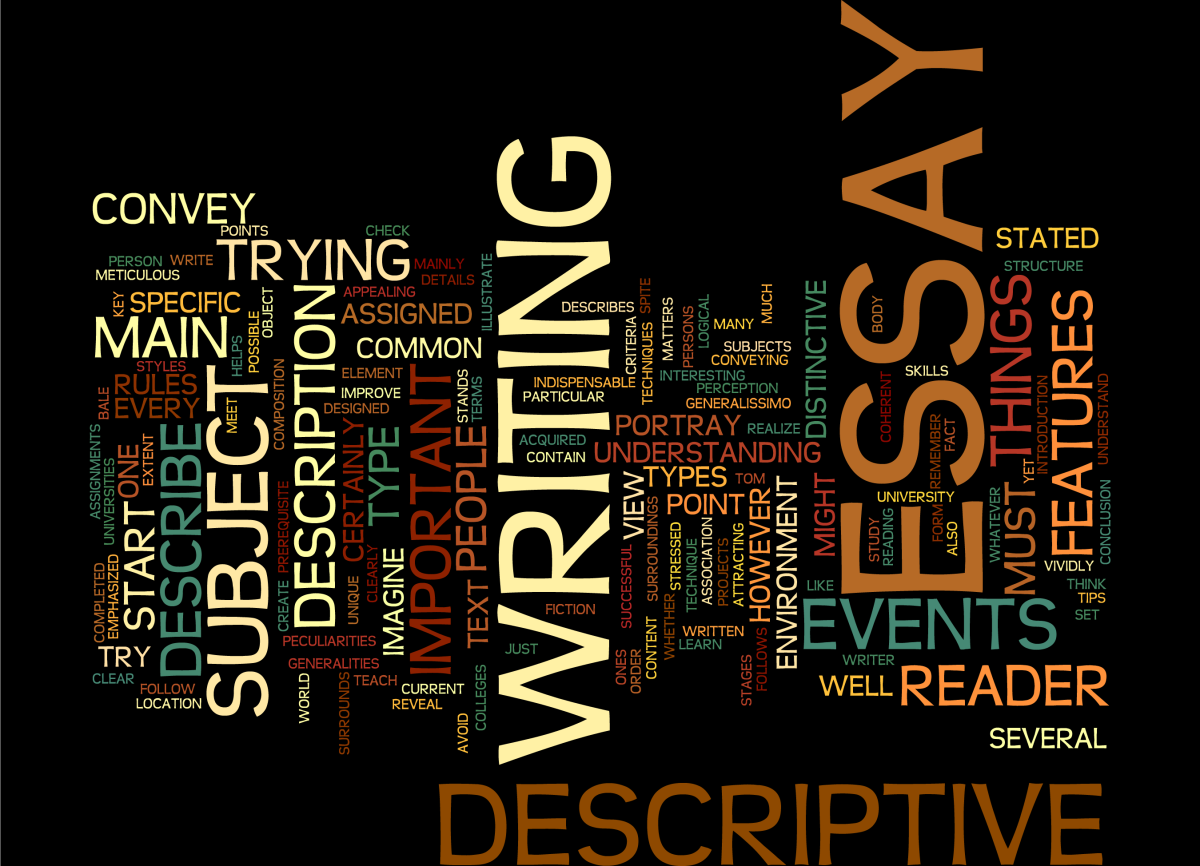Things to Know Before Starting Your Novel

If you ever thought novel writing was easy, it’s not. However, the great thing about completing a difficult task is feeling the pride of accomplishment afterwards. The excitement of having your name on the cover of a book and reaping the rewards of a finished masterpiece is probably one of the reasons you wanted to start writing. The end is so easy to imagine you never really thought about the beginning, much less how and where to begin. So what should you know before starting your novel?
Comprise your novel into three parts. Before you even jot down the first sentence, you need to know the three most important things about your novel; the exposition, the struggle and the end.
Think of your novel as a three-part act.
In Act I:
The first part (Exposition) is where you introduce your characters, setting and conflict. This is where we meet the protagonist, find out what her goal or problem is and how she intends to obtain or solve it. A glimpse of the conflict will trigger the motivation in the character and the action in the story. This should lead you into Act II.
In Act II:
The second part, or middle, is where the action takes place. This is the best part of the story, because without this there is no story. During this part of the story, the protagonist will fight to obtain her goal or to fix her problem. Of course, it will not be easy. You must know in advance the “thing” that is keeping her from easily obtaining her goal in order to put her up against an equal opponent. Have her struggle, fight and sacrifice for what she needs.
Act III:
The third, or final, part (Climax) is where your protagonist must face and fight the antagonist. This fight is different from the struggle in Act II because this is the final showdown. This is the big one. It is a matter of life or death and someone has to fall and fail. Who falls and fails is up to you, but more likely than not the protagonist wins. She wins either by obtaining her goal or by sacrificing her goal for a greater good. However, the best novels are the ones with a twist at the end.
The Twist:
If you look back at some of your favorite reads, you might be shocked to know that those were the ones with the twisted endings that you never saw coming. Almost everyone likes a good surprise ending and one way to pull this off in your novel is to know the twist before you begin the book. That way, you can set up for it while writing your first draft. You must set it up throughout the rest of the story so when you reveal the twist at the end, the reader can look back and see the connection.
For example, the twist at the end of your ghost story reveals the husband has been dead all along and did not know it. The way you set up for this ending is by foreshadowing throughout the book. Do not allow the husband to have back and forth communication with his distraught wife. Allow him to talk and her to listen but she never responds. Make the reader feel as though the misunderstanding the couple had the night before the husband’s accident, pulled the couple apart. That way, when you reveal the twist, it makes perfect sense and is therefore satisfying. (Some of you may recognize this ending in a very popular M. Night Shyamalan movie or in a recent Ne-Yo music video.)
You want to start a novel but you are having a difficult time coming up with a good story?
Start with an outrageous idea, something important to say, or even a juicy secret and write it down in your writing journal. It can be something elaborate as a women believing she is the descendant of Jesus and sets out to prove it, or something important like global warming causing a doomsday effect on earth, or even a secret fantasy about getting lost on a tropical island with your sexy boss. This is how stories begin.
If your imagination needs a little push, you can also scan the local newspaper for story ideas or eavesdrop on a conversation. (I enjoy the latter!) You can also play the what-if game and ideas are sure to come at you.
Once you find your idea. Circle it because this is important. This piece of information is what drives the story. Heck, it is your story. Elaborate the details, plan a twist or two and start writing.
These are some of the things to know before beginning a novel. It should make novel writing a little easier to accomplish.
Leslie Lee Sanders




